Warning: This article contains spoilers for Aquaman and the Lost Kingdom.
When it comes to measuring up to Marvel, the DCEU — now officially defunct, with the release of Aquaman and the Lost Kingdom — was always damned if it did, damned if it didn’t.
While its early offerings from Zack Snyder were criticized for veering from Marvel’s metric, serving up grimy moodiness instead of crowd-pleasing banter, those that came later were thrown under the bus for striving to emulate the MCU too closely and coming up short.
In its final ever scene, however, the DCEU drops a twist that may seem like a low-key ending for the 10-year franchise as a whole but actually quietly rewrites its relationship to Marvel, and reveals that the DCEU has been a dark mirror to the MCU all along.
Aquaman and the Lost Kingdom‘s final scene, explained
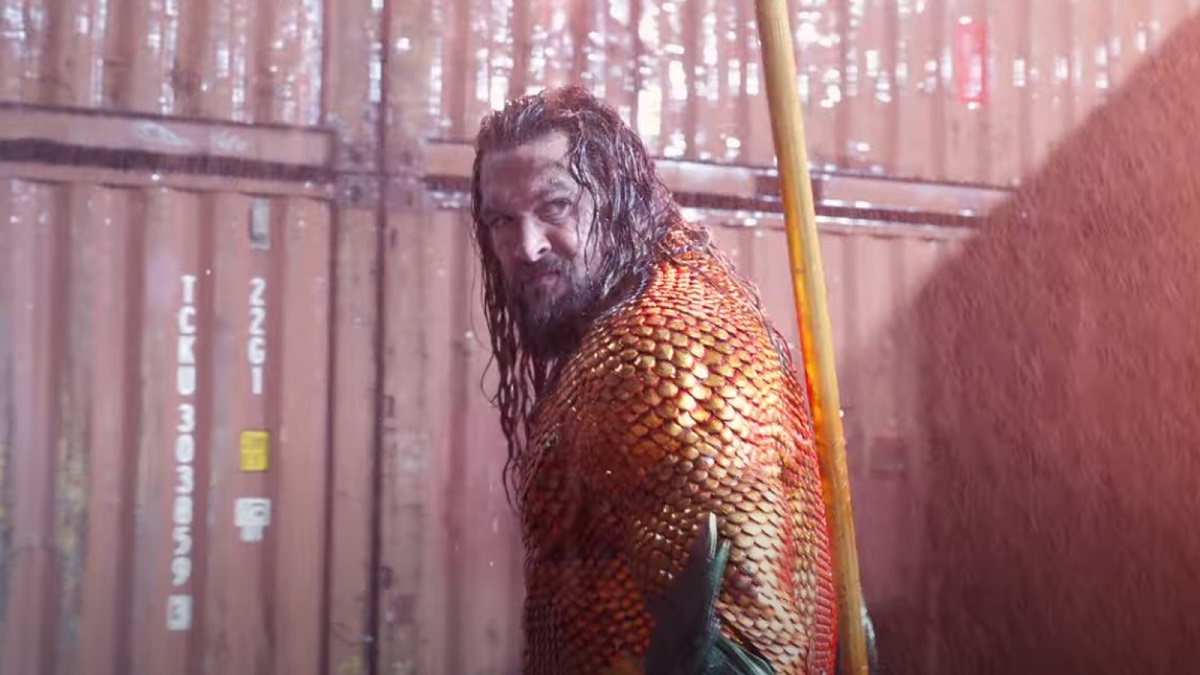
After defeating Black Manta (Yahya Abdul-Mateen II) and making peace with his brother Orm (Patrick Wilson), Arthur Curry (Jason Momoa) achieves his lifelong goal — by which I mean it was mentioned once at the beginning of the film — to unite the worlds of the land and the sea by announcing the existence of Atlantis to the rest of the planet.
Speaking at a press conference, the king of the oceans introduces himself and his kingdom and appeals to the people of both worlds to put aside their prejudices and come together. To emphasize this point, Arthur explains how he is a child of the land and the sea, a lighthouse keeper’s son and the King of Atlantis. His final line? “I am Aquaman,” he tells the crowd, before the film ends as “Born To Be Wild” starts to play on the soundtrack.
Any Marvel fans watching must feel some acute déjà vu at this scene, and not just because the whole “hidden nation reveals itself” concept is a ripoff of the end of Black Panther. A superhero announcing themselves as “I am [insert made-up name here]” at a press conference as a classic rock song kicks in? With this moment, both its own finale and that of the entire DCEU, Aquaman 2 is evoking the iconic last scene of Marvel’s Iron Man.
Whether intentional or not, this moment draws a direct line between the death of the DCEU and the birth of the MCU. While one franchise spawned from this scene another says farewell with it. With this, the DCEU seems to be admitting that, yes, of course it was chasing Marvel’s coattails this whole time, but what actually ended up happening is that it’s become — to use DC terminology — the Bizarro version of the MCU.
If you’ll recall, Superman villain Bizarro is the reverse of Kal-El in every respect; mean where Superman is kind, dumb where Superman is smart, and he even talks backwards. Likewise, the DCEU was poorly received whereas the MCU has (largely) been beloved. Haphazard where the MCU was (largely) well-planned. And, crucially, ultimately short-lived while the MCU appears never-ending.
Ironically, DC’s next iteration, a whole new continuity called the DCU, will be headed up by a former Marvel filmmaker in James Gunn, but it seems that he will be looking to carve out his own path that runs parallel rather than backwards from the MCU. In Aquaman and the Lost Kingdom‘s final scene, however, the dead and buried DCEU walks up to that podium and finally admits the truth about its identity.

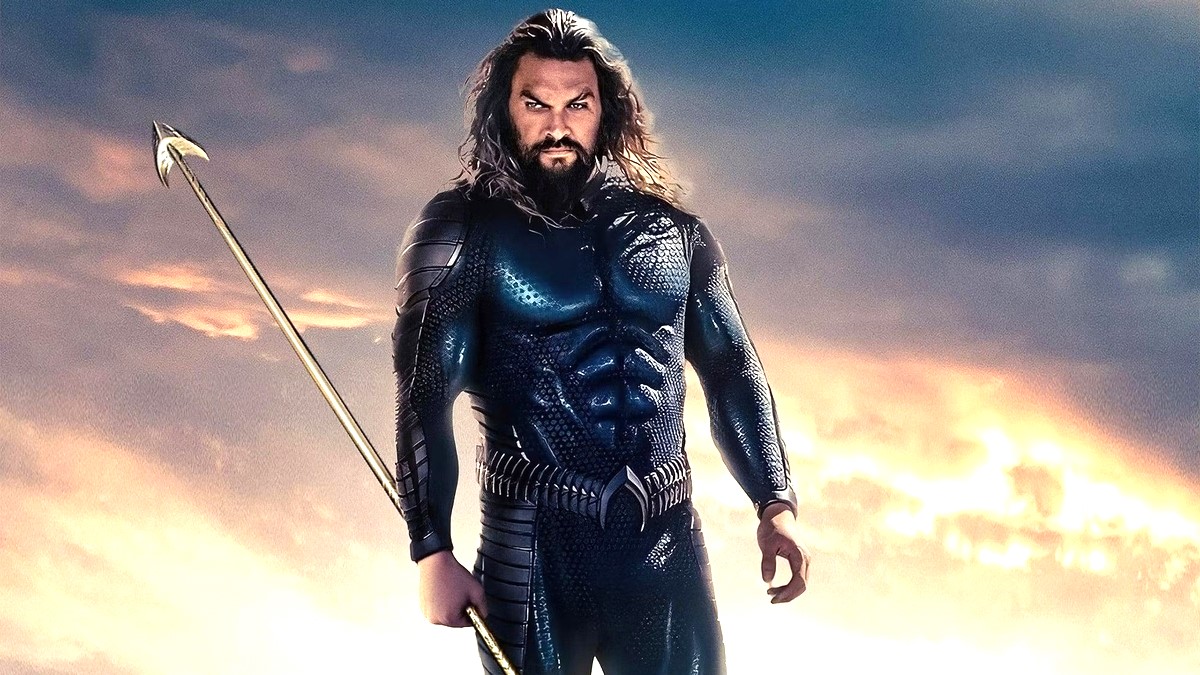
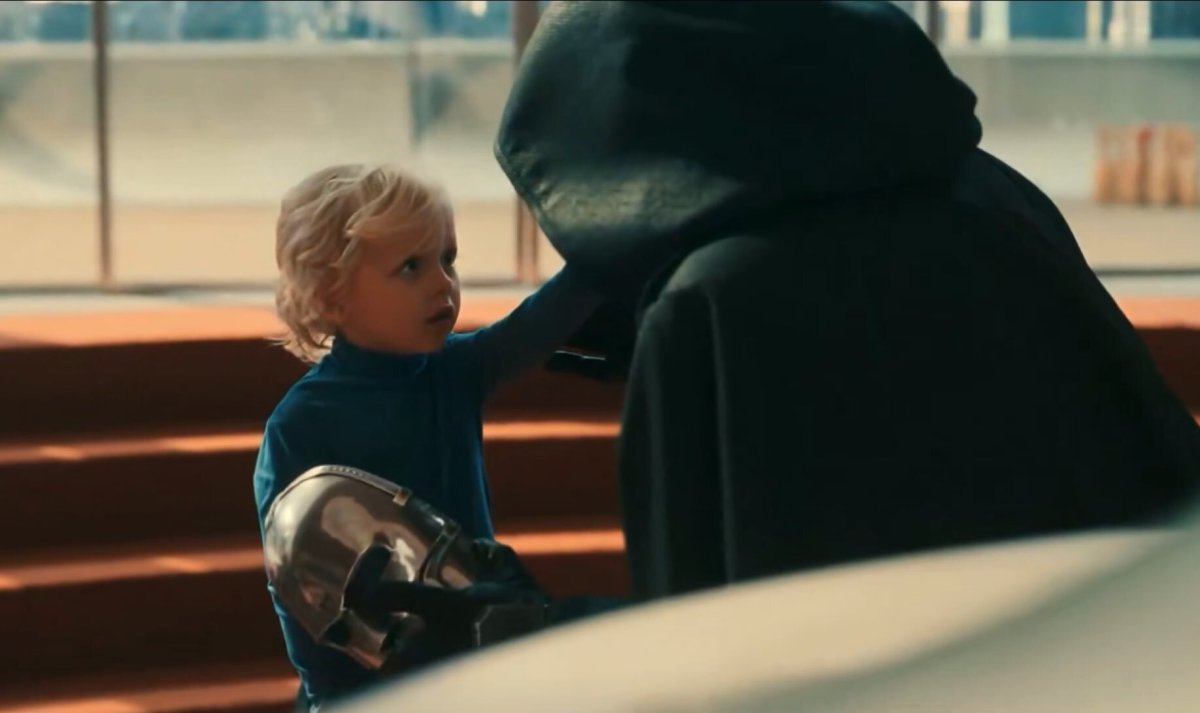
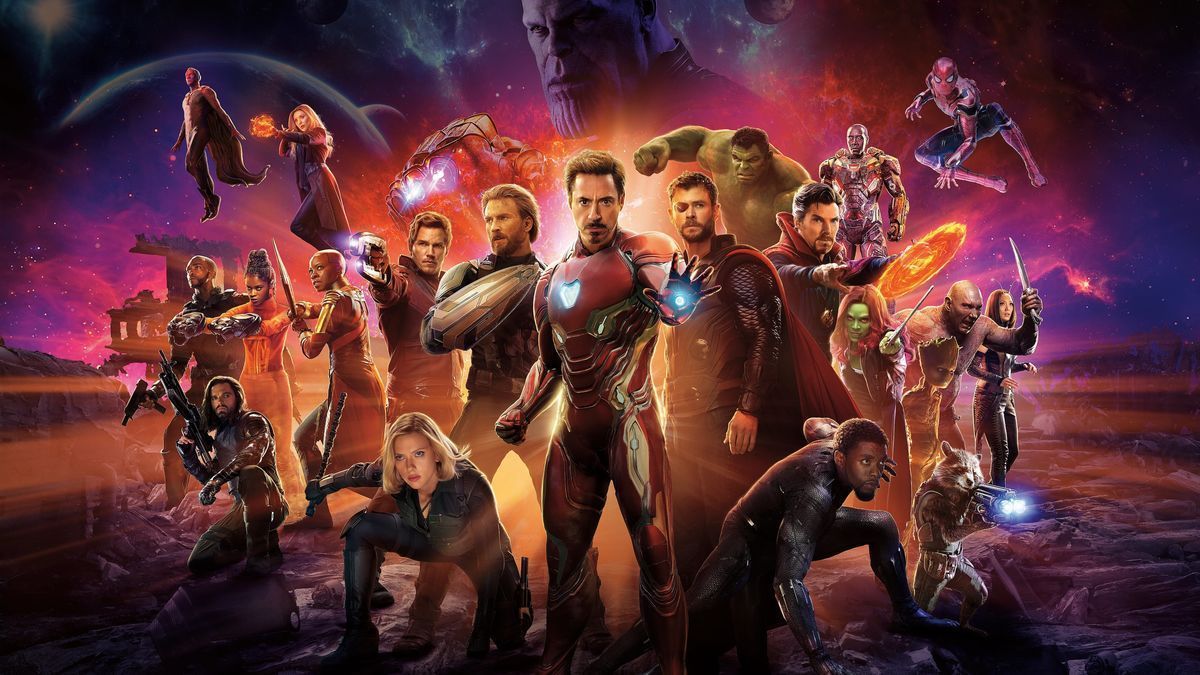
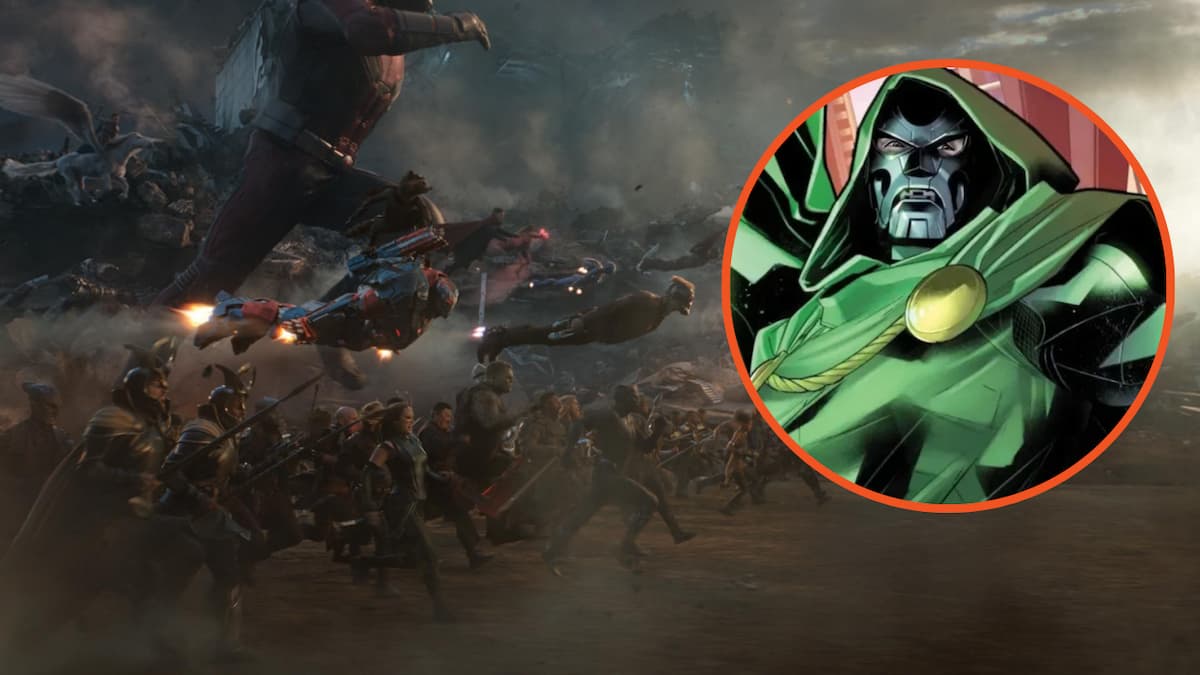
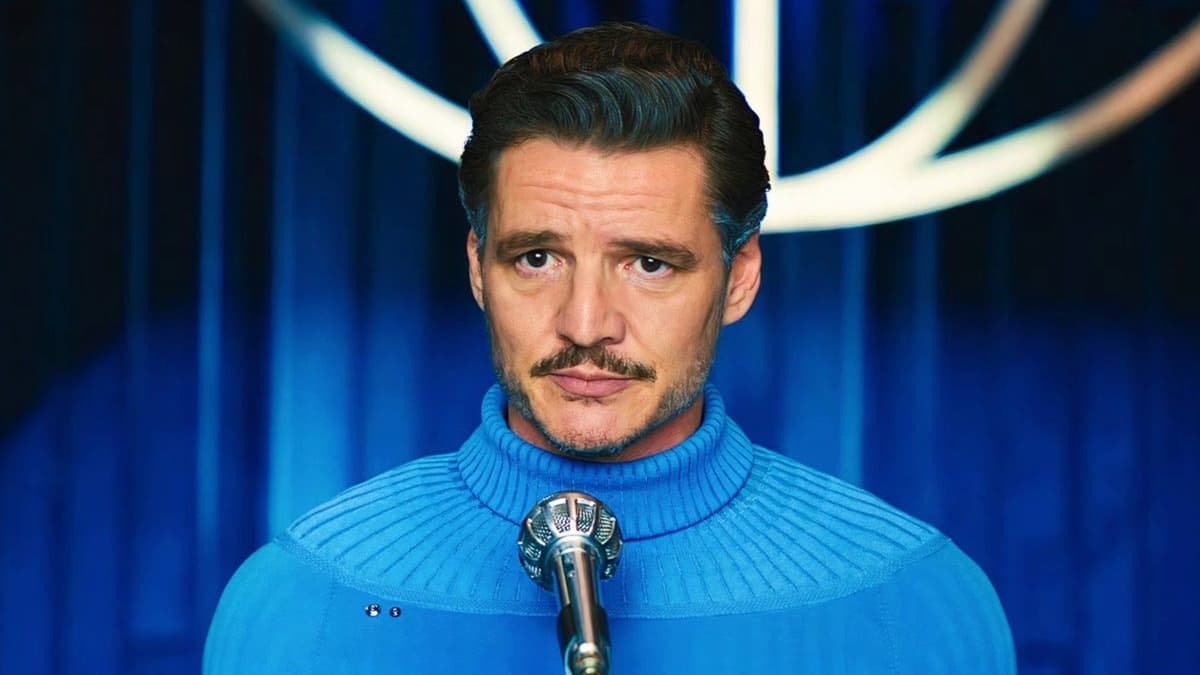

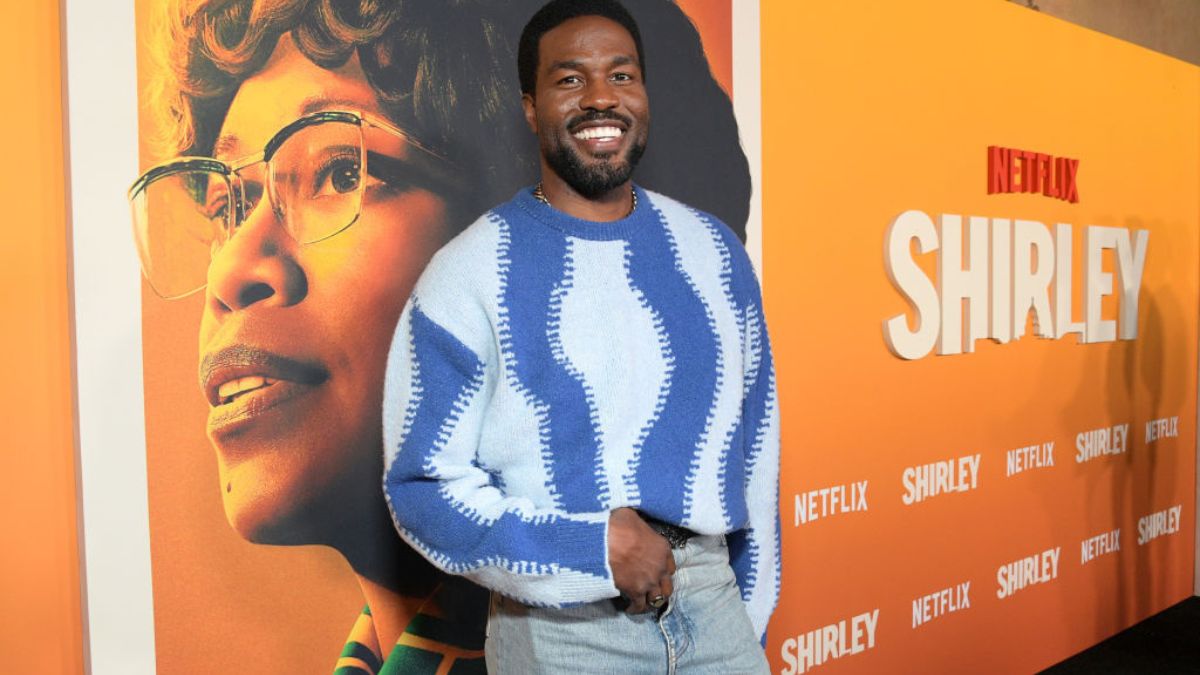
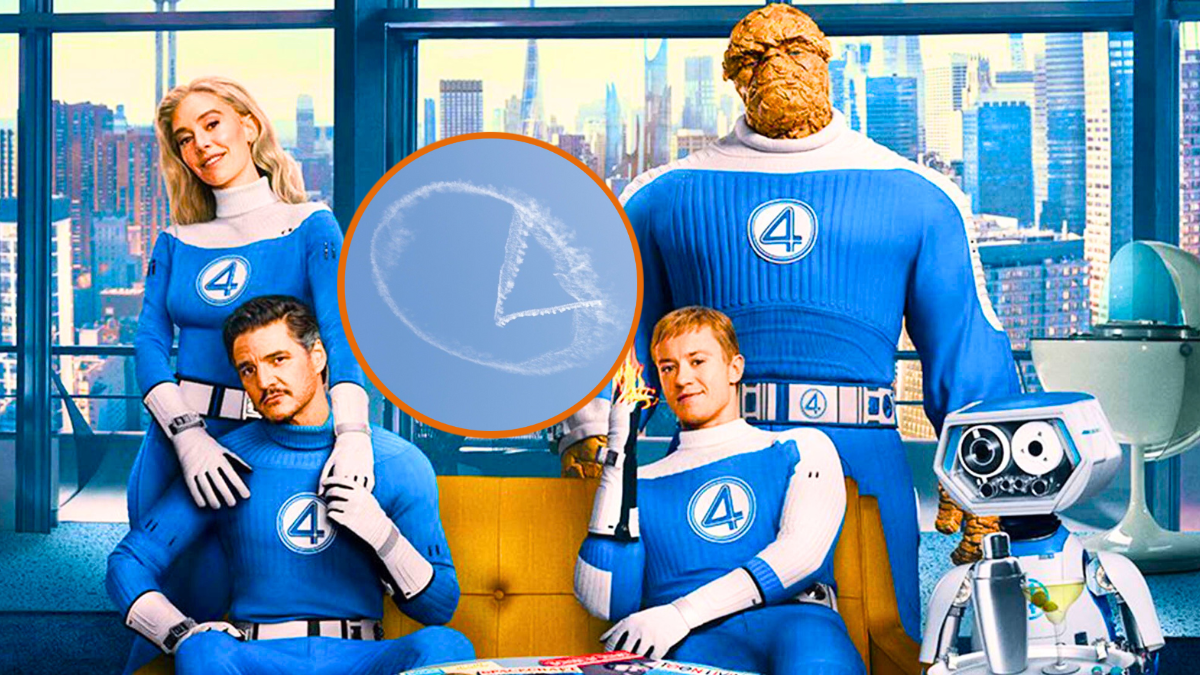
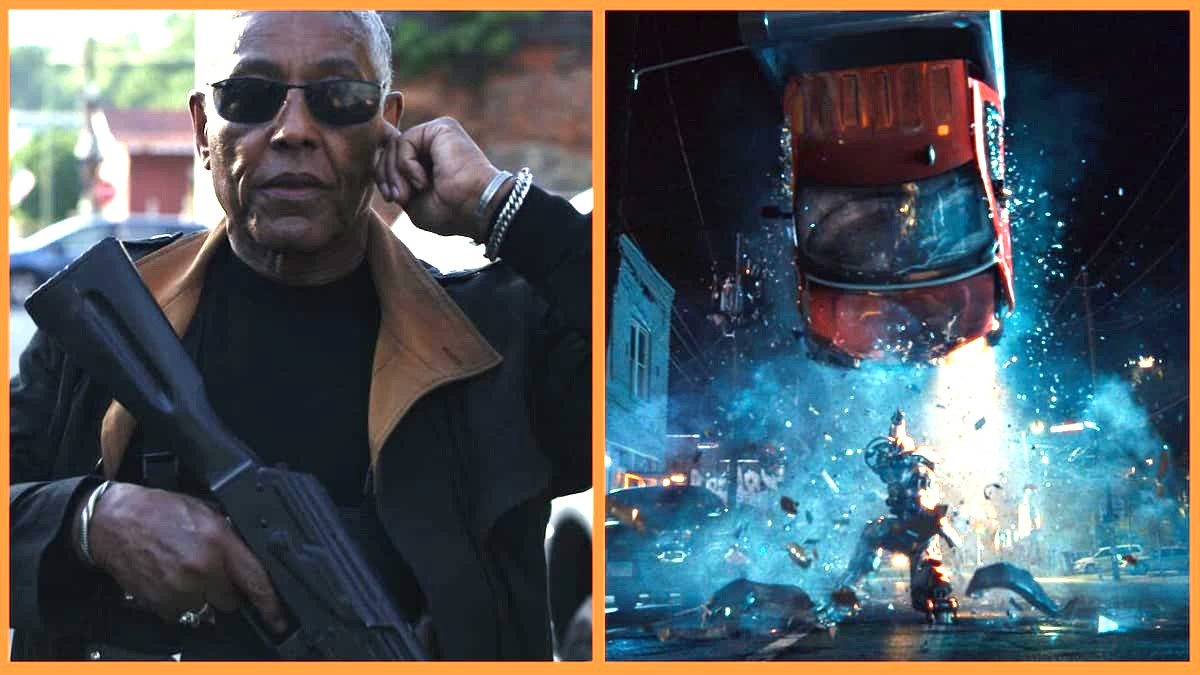
Published: Dec 22, 2023 08:31 am